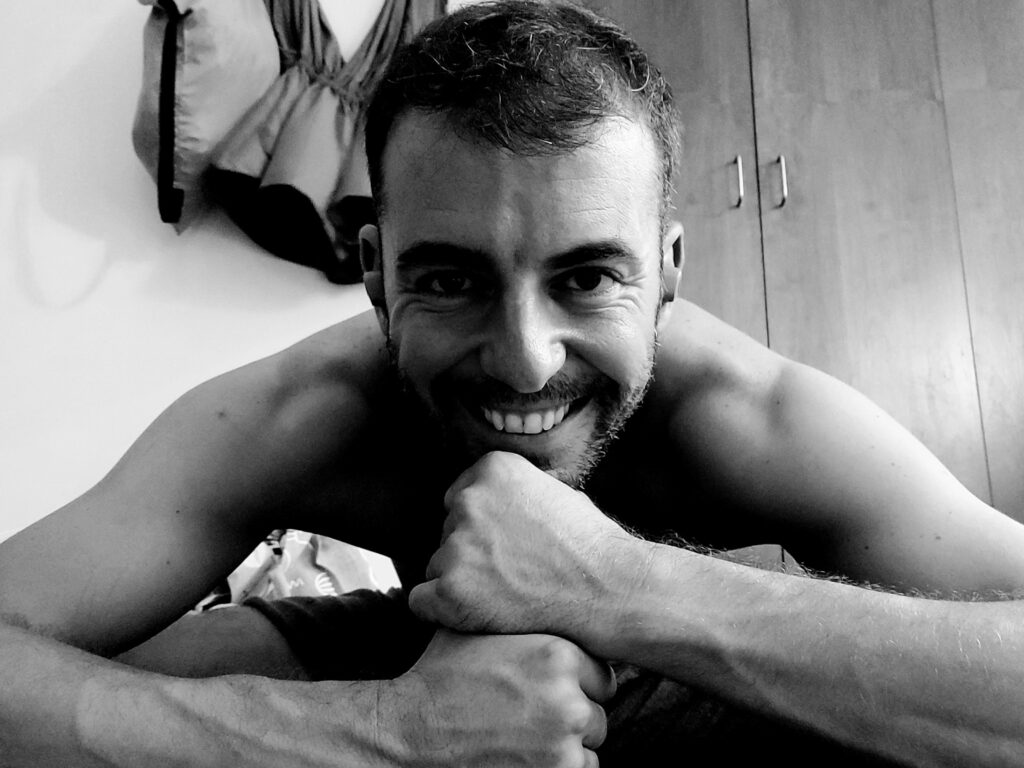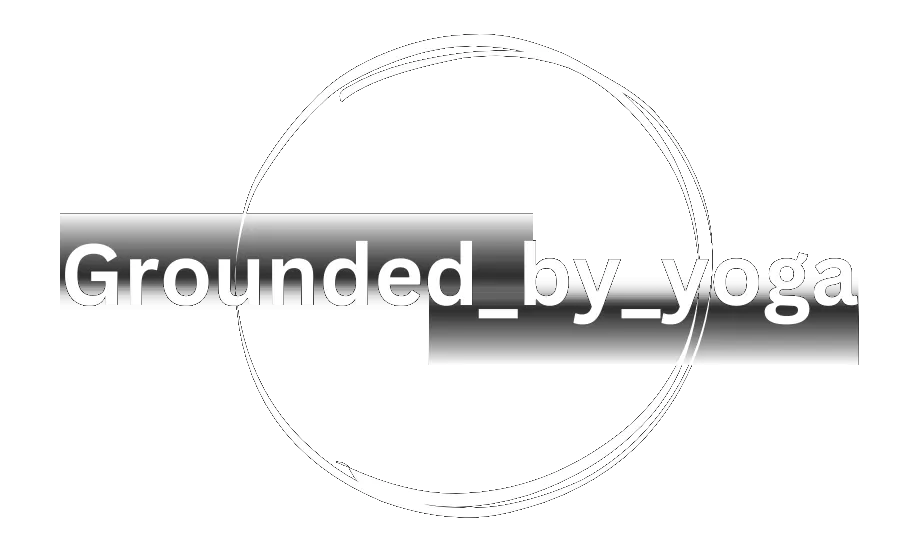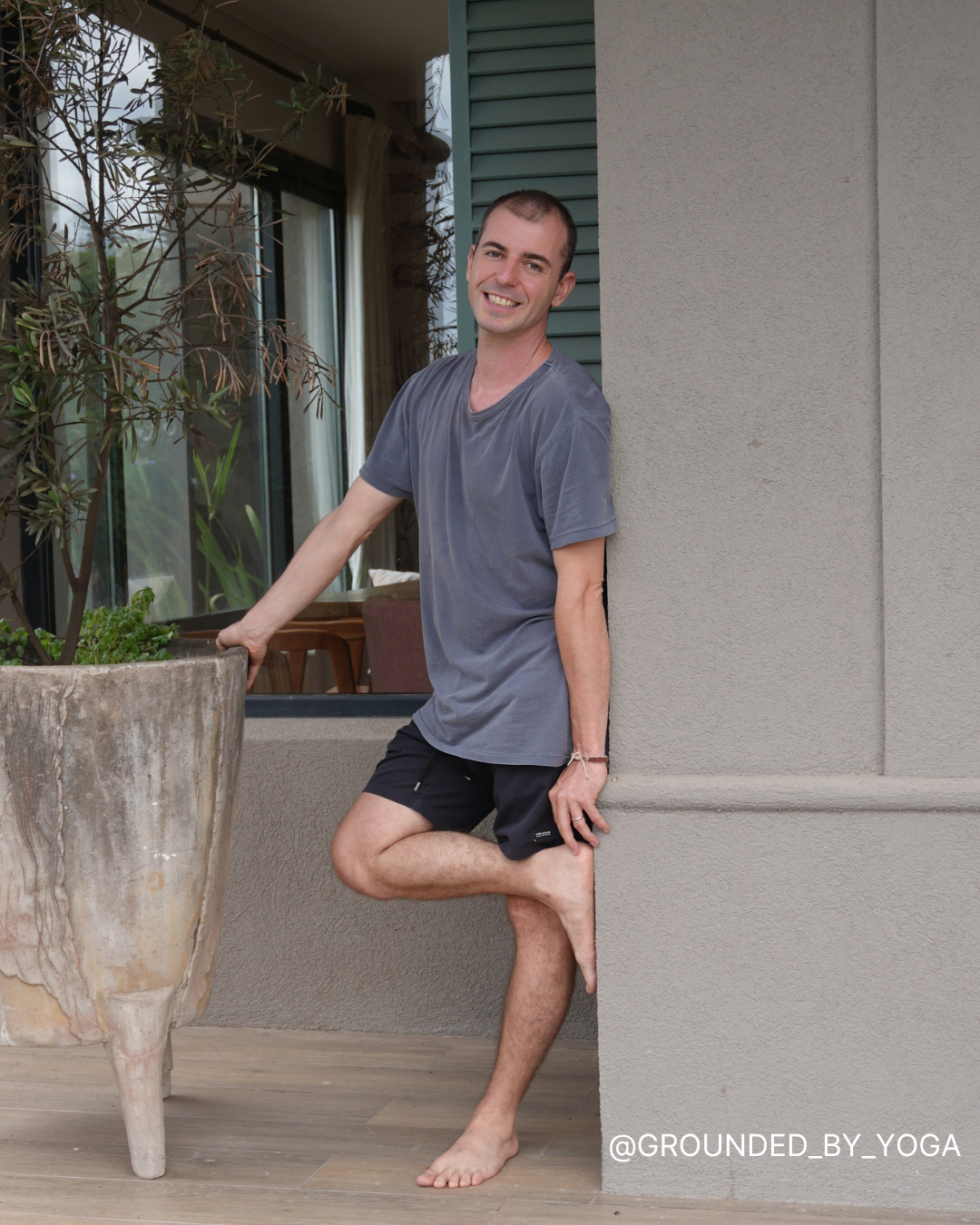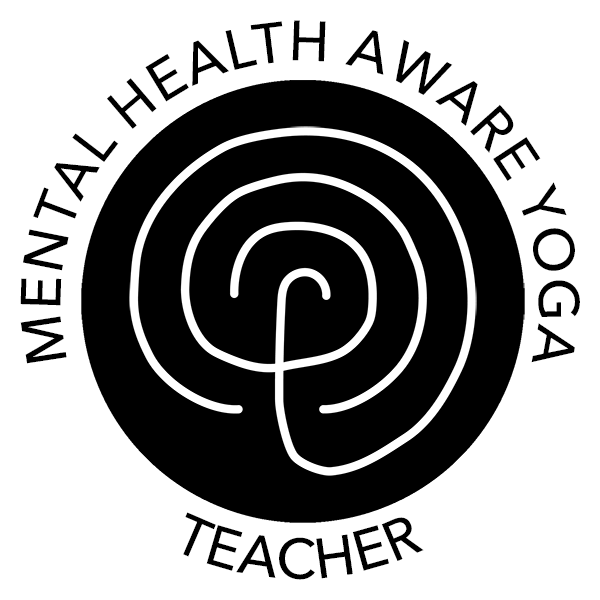Understanding how overstimulation recovery can help manage social fatigue is crucial for those who often feel drained after gatherings.
You finally make it to dinner with friends.
There’s laughter, real connection, maybe even a moment where you feel like yourself again.
But the next morning?
You’re wrecked. Foggy, emotionally heavy, overstimulated — even though you didn’t drink or stay out too late.
This is what it feels like when your nervous system is begging for overstimulation recovery.
And no, you didn’t do anything “wrong.”
This Isn’t Just About Sleep. It’s About Your Nervous System.
You had a good time, didn’t overdo it, and yet… you feel like you’ve been hit by a truck.
This isn’t just tiredness.
It’s social overstimulation — and if your nervous system is already stretched thin, it doesn’t take much to push it into overload.
You’re not weak nor broken.
You’re simply maxed out — and what you need is recovery, not guilt.

Stress Isn’t Just From Deadlines and Drama
Sure, work is intense. Your to-do list feels endless. The notifications never stop.
But here’s what most people miss: even good things — like socializing — add stress to your system.
Every conversation, subtle body cue, tone shift, and group dynamic… Your brain tracks all of it.
So while you’re laughing and staying present, your nervous system is still doing overtime.
That’s why you come home buzzing. Spinning. Tense.
Because your body hasn’t had a moment to offload all the stimulation.
You’re Not “Too Sensitive.”
When you’re constantly “on,” your system never gets a break.
You stay stuck in sympathetic mode — heart rate up, sleep off, digestion slow, muscles tight.
This is why overstimulation recovery matters.
Because without time to discharge all that input, your body just keeps storing it. And eventually, exhaustion, anxiety, and emotional shutdown kick in — even if your life looks “fine” on the outside.
Signs You Might Need Overstimulation Recovery
Not sure if this is what’s going on? Here’s what it often feels like:
- You feel mentally drained after even short conversations
- You need complete silence after being around people
- You get easily irritable for no clear reason
- You struggle to fall asleep after social plans
- You dread events you actually want to enjoy
These aren’t red flags about your personality.
They’re signals. Your nervous system is asking for space.

What Real Recovery Looks Like (Without Quitting Your Life)
You don’t need a retreat. You don’t need to cancel all your plans.
What you need is recovery built into your routine — even in small doses.
Here are some simple, doable shifts:
- Bookend your social time. Give yourself space before and after plans. Ten minutes of quiet makes a difference.
- Lay down, legs up. Viparita Karani — legs up the wall — calms your system fast. Do it after socializing or before bed.
- Skip the scroll. After meeting with people, your nervous system doesn’t need more input. Try soft music or no screens for 20 minutes.
- Check your capacity. Just because something’s fun doesn’t mean it’s restorative. Know the difference.
- Move gently. A few minutes of stretching or slow movement can help discharge the built-up tension.
These are overstimulation recovery tools that actually fit into real life — not just weekends or vacations.
Protecting Your Peace is a Form of Strength
There’s nothing weak about needing rest.
There’s nothing wrong with feeling drained from “normal” things.
It’s just your body asking for balance.
Overstimulation recovery means listening to those signals and giving yourself what you actually need — not what the world expects you to push through.
You’re allowed to love your people and need space from them and to laugh and still feel depleted.
You’re allowed to say yes only when it’s a full yes — not an obligation.
One Small Step Today
Try this after your next social interaction:
Before jumping into the next thing, take 10 minutes alone. No screen. No stimulation. Just breathe.
That’s it. It’s small, but it tells your system, “You’re safe. You can rest.”
This is how over stimulation recovery starts — not with a huge lifestyle overhaul, but with moments of intentional pause.
My final words for today
If today’s words hit home — if you’ve been feeling drained after social plans, craving quiet but unsure how to actually recharge — you’re not alone.
You’re not broken. Your body’s just asking for better stress management and real recovery.
“Soften the Overstimulated” is a free 3-day video series designed for busy, burnt-out humans who want to feel grounded again.
It’s for you if your nervous system is on edge and you’re ready to find calm without disappearing from your life.
Each short practice helps you regulate, reset, and reconnect — so you can show up for others without abandoning yourself.
You’ll receive:
✔️ Three nourishing 30-minute practices
✔️ Soothing breathwork, yoga, and somatic stillness
✔️ Practical tools to gently rewire your stress response
Sign up today and take your first step back to peace.
Your calm has never left—it has been patiently waiting for you to return.
Thanks for being here and giving yourself a moment to slow down.
I hope something in these words helped you exhale or feel a little more understood.
If any part of this spoke to your experience—or if you just want to share what’s been on your mind—I’d be genuinely grateful to hear from you. Drop a comment below anytime.
Your presence in this space is deeply appreciated.
With care,
Steve Bavoysi
Founder of Grounded_by_yoga
Come and join me on social media! Share! And thrive!
- Unlock Inner Peace: Yoga Techniques for Stress Management
- Feeling Anxious and Drained All the Time? It Might Be Nervous System Dysregulation
- Tired of Feeling On Edge? Meet Your Parasympathetic Nervous System and how to calm down the nervous system naturally
- Why Am I Always Exhausted? The Hidden Battle Within
- Yoga for Stress Relief: Transform Your Life


